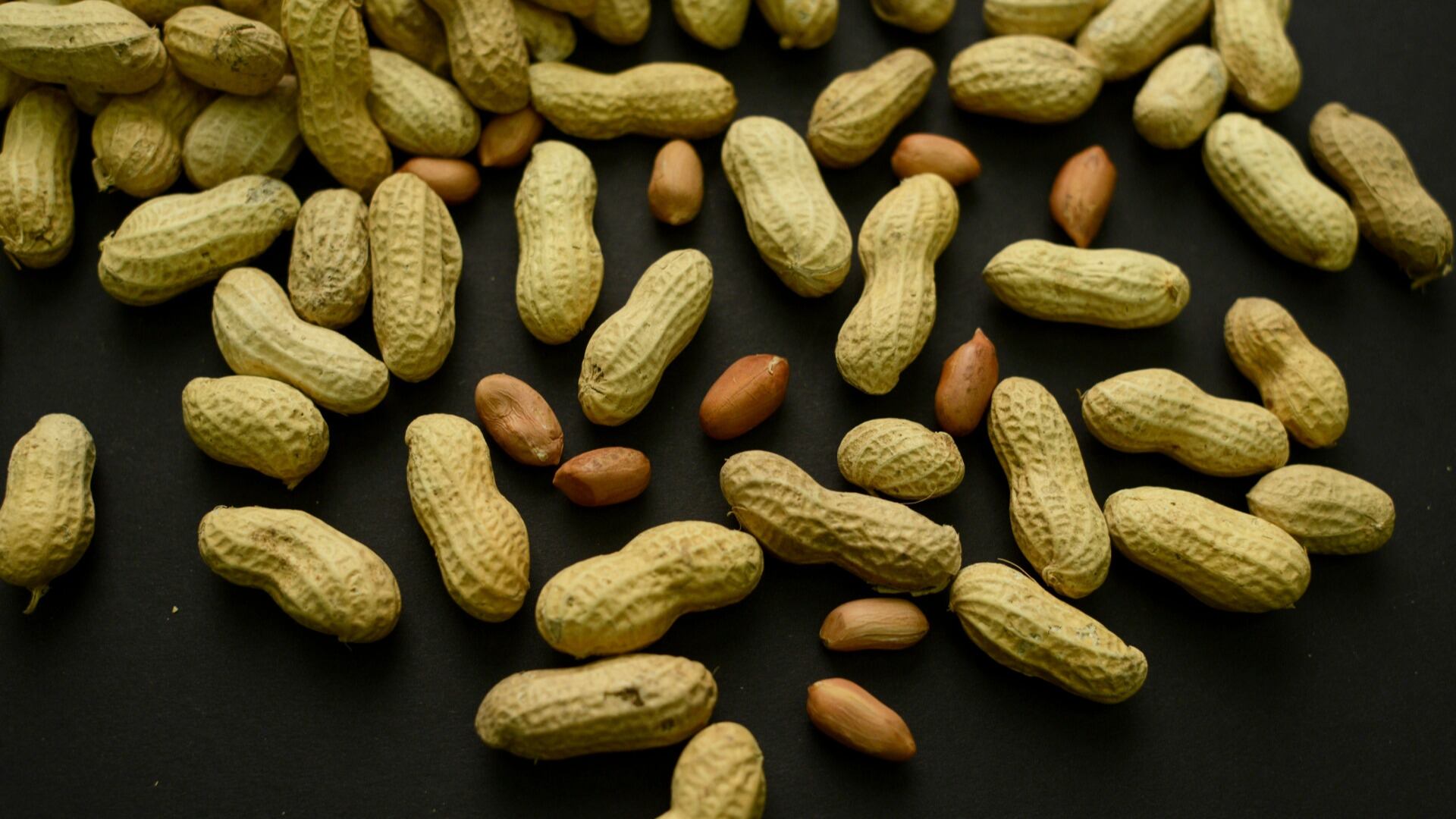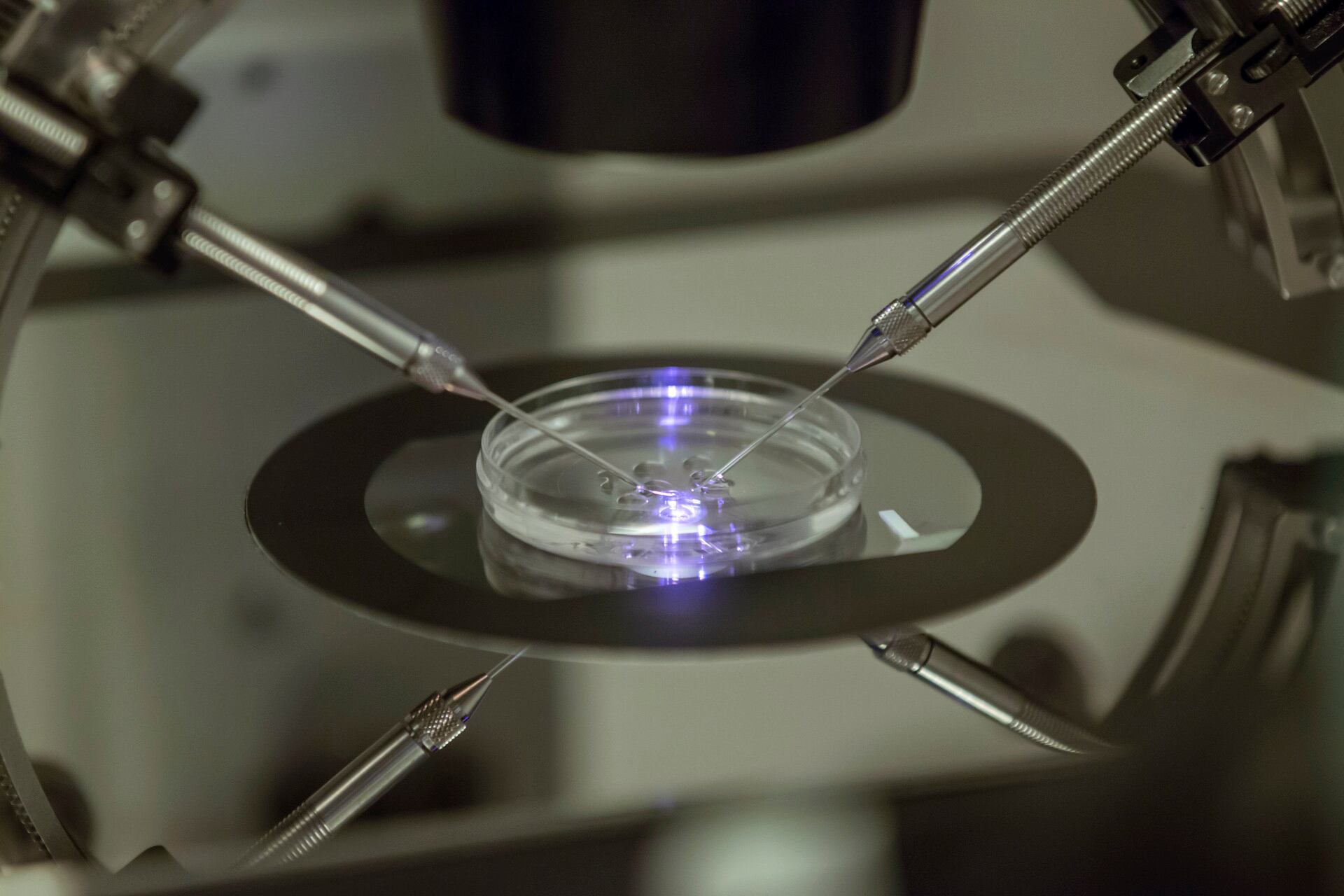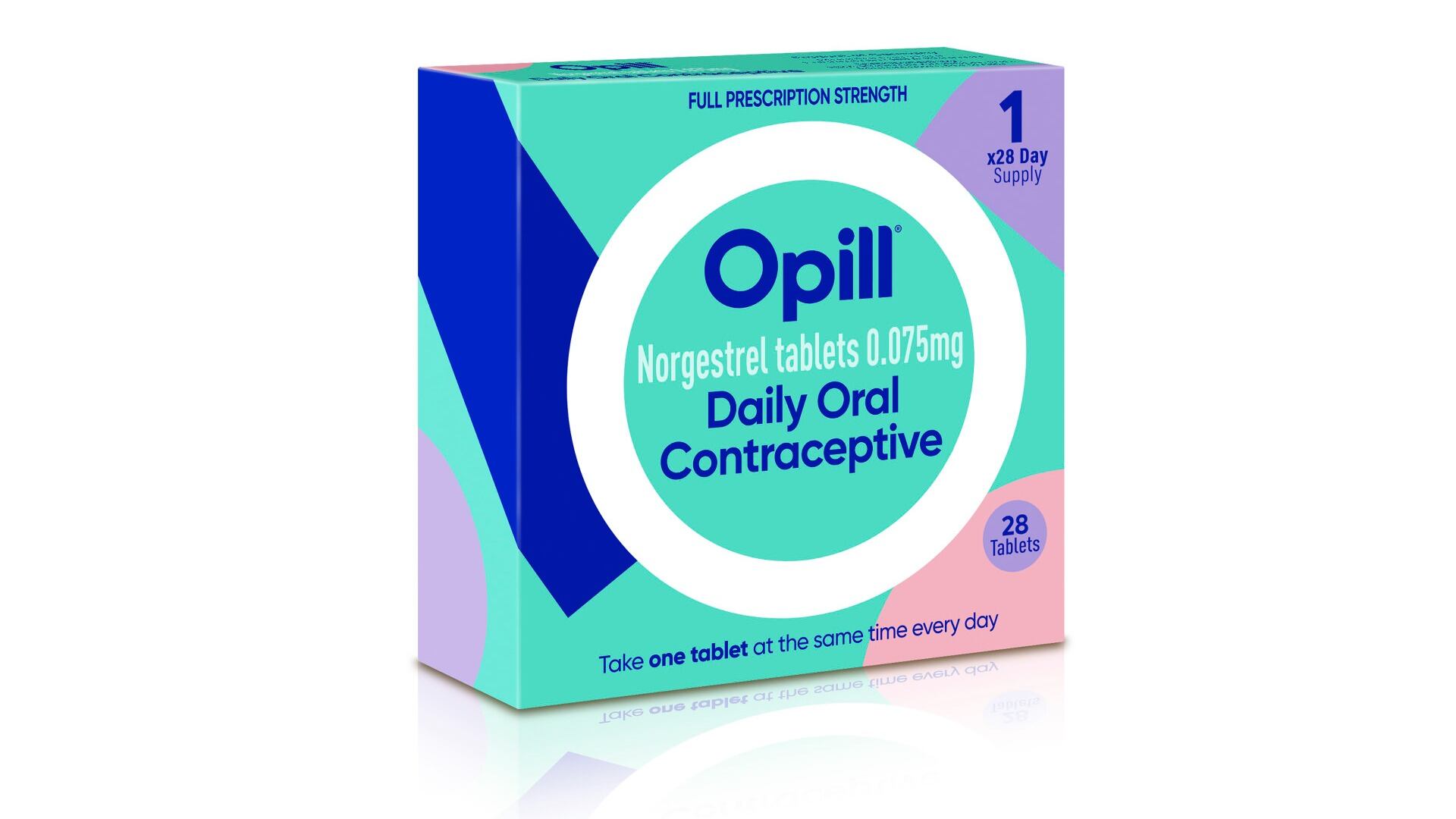The east coast is recovering this Monday after a brutally cold weekend following the bomb cyclone. Sara Miller, Editor at Live Science, joins Cheddar to discuss what we can expect for the rest of the winter and what signs we should look out for when it comes to global warming.
New England bore the brunt of the snow. Miller says the wind chill on Mount Washington in New Hampshire hit negative 90 degrees! Miller did deliver some good news for us here in New York...the temperature is supposed to climb into the 60s this week.
Some believe this has to do with global warming. However, Miller warns we can't just look at this one storm as a sign of global warming. She says that around the globe, temperatures are actually warmer than usual. One example is Australia. The country just hit a record for the hottest day at 117 degrees.
A new study finds an experimental skin patch shows promise to treat toddlers who are highly allergic to peanuts.
Britain's fertility regulator on Wednesday confirmed the births of the U.K.'s first babies created using an experimental technique combining DNA from three people, an effort to prevent the children from inheriting rare genetic diseases.
Federal health advisers said Wednesday that a decades-old birth control pill should be sold without a prescription, paving the way for a likely U.S. approval of the first over-the-counter contraceptive medication.
Colette Morales, instructor at Core 95, joined Cheddar News to teach a few basic yoga poses aimed at strengthening multiple areas of the body simultaneously.
A group of nationally-recognized medical experts are suggesting women start getting breast cancer screening at 40 years old.
The Food and Drug Administration is kicking off a two-day meeting to consider whether to let people get birth control pills without a prescription, with a decision expected by the summer.
Be Well: How Yoga Can Benefit Children
Be Well: Understanding Strokes and How Doctors Work to Reverse Their Effects
Be Well: Destigmatizing Conversations Around Sexual Health and Organs
Be Well: How to Diversify Your Water Consumption











